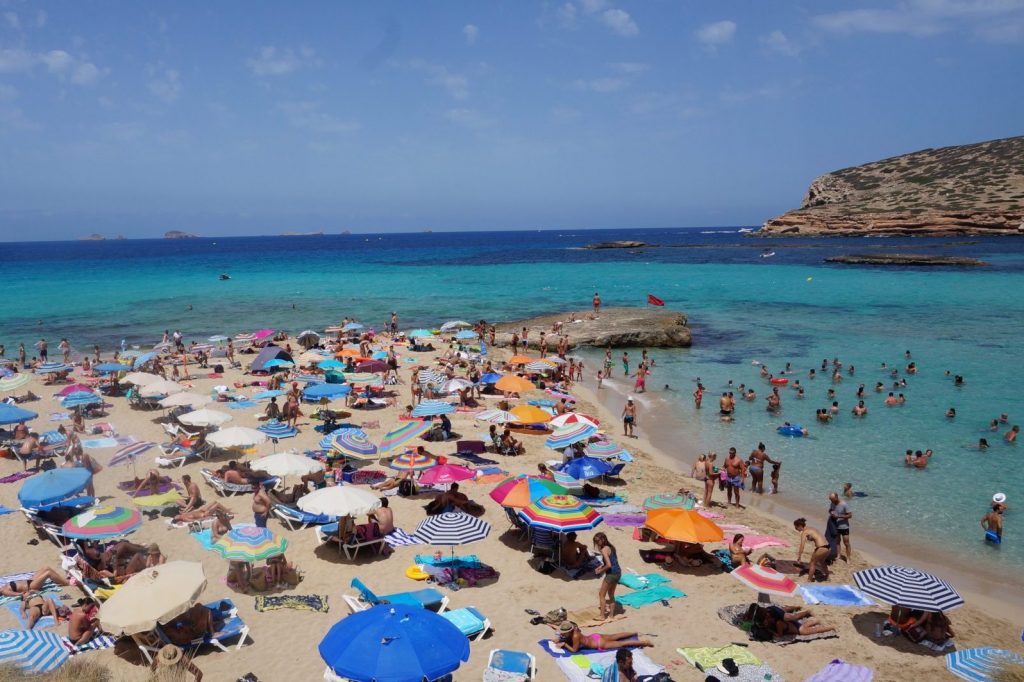Truth, Fiction and the Pain Travel Companies Still Suffer From UK's Brexit Chaos

Skift Take
Two and a half years after the Brexit vote, the UK is still sorting out its departure from the European Union. As the clock ticks down and the situation gets more serious, we should expect more horror stories in the coming months.
Since the 2016 Brexit vote there have been plenty of headlines covering the chaos that could ensure, should the UK leave the European Union without a deal.
The UK has seen food shortages, housing-price crashes, and now holidays are under threat.
The UK’s Sunday Times reported at the weekend that the government was contemplating advising people not to book trips after March next year in case of a “no-deal” Brexit.
A spokesperson for the Prime Minister’s office has since rubbished the story as has UK travel association ABTA but how seriously we should treat the claim is almost irrelevant.
The bigger problem is with three months to go un
